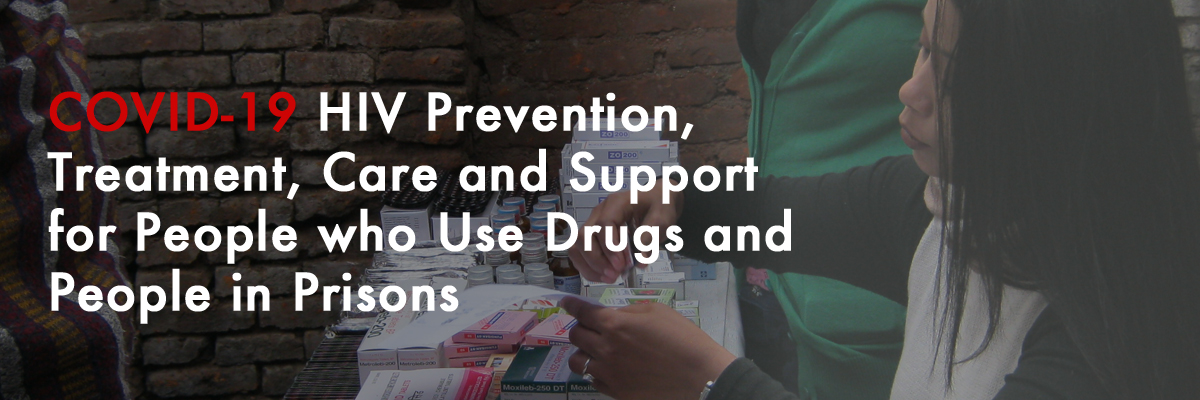
People who use drugs can be particularly vulnerable to COVID-19 due to underlying health issues, stigma, social marginalization and higher economic and social vulnerabilities, including a lack of access to housing and health care.
The prison environment is highly conducive to the transmission of infections, including droplet infections such as COVID-19. This is due to several risk factors such as overcrowding and poor ventilation, as well as inadequate health services, in some countries.
People in prison have a right to health at the same standards as other members of society and should have access to necessary health care services free of charge without discrimination on the grounds of their legal status.
UNODC is working with governments, civil society and community partners to:
For a video on UN guidance on responding to COVID-19 in prisons in sub-Saharan Africa as well as webinars on ensuring the continuity and sustainability of HIV services for people who use drugs during the COVID-19 pandemic - click here!
The continuity and sustainability of Comprehensive HIV and HCV and other low-threshold services for people who use drugs must be ensured during the COVID-19 pandemic. Closing down services will only result in the overcrowding of those that stay open, which will increase transmission risks and impact on service quality.
Comprehensive HIV and HCV and other low-threshold services for people who use drugs should establish a safe working environment for the service providers.
Ensure that prisons are included in national preparedness and response plans for COVID-19. The continuity and sustainability of comprehensive HIV and HCV services for people in prison must be ensured during the COVID-19 pandemic.
Ensure that health services in prisons are at least commensurate to those outside and that people living and working in prison have access to preventive and control measures, diagnostics and care for COVID-19 and other health conditions (HIV, HCV, drug dependence, mental health), in a manner that respects medical ethics and human rights.
Consider non-custodial measures at all stages of the administration of criminal justice, including at pre-trial, trial and sentencing and post-sentencing. Priority should be given to non-custodial measures for alleged offenders and sentenced people with low-risk profiles and caring responsibilities, with preference given to pregnant women and women with dependent children.
